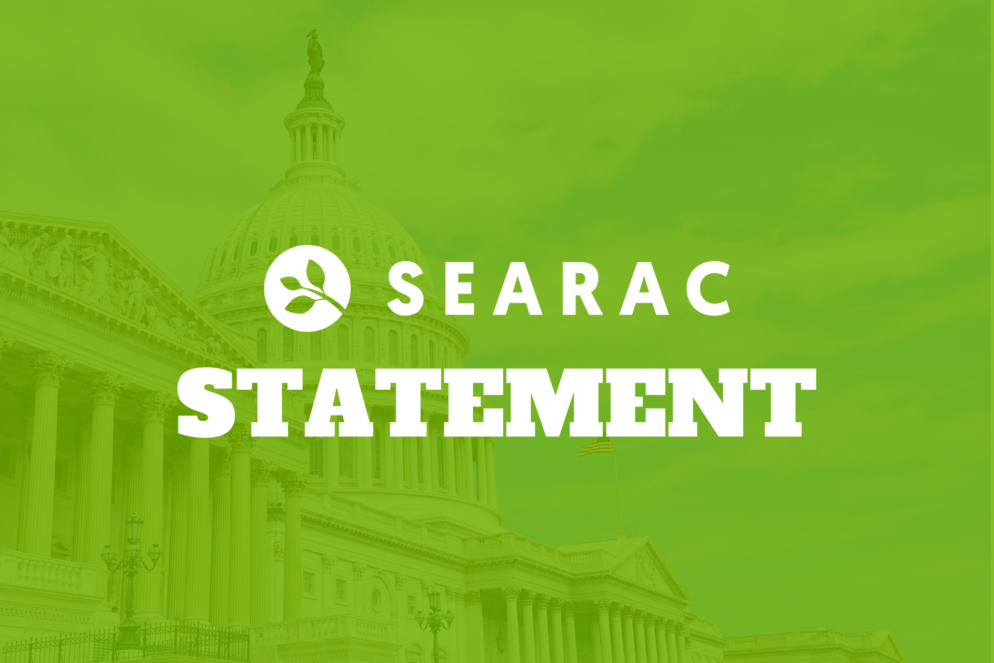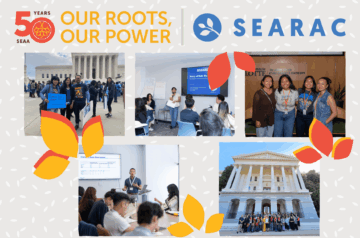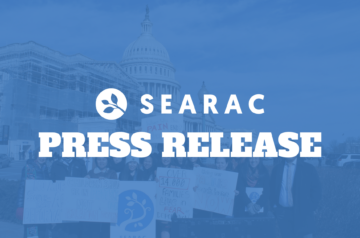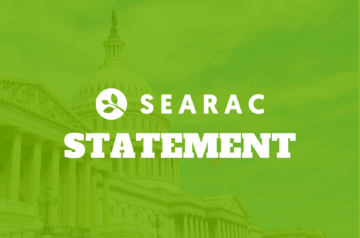Washington, DC – SEARAC commends the recent passage of New York State Bills S.6639-A and A.6896-A, which require the disaggregation of Asian American, Native Hawaiian, and Pacific Islander (AANHPI) data in the state. The legislation was signed into law by Gov. Kathy Hochul. This new data equity law provides the opportunity for AANHPI subgroups, including Southeast Asian Americans, to be visible in state and local data systems.
The law mandates that all state agencies, boards, and commissions that already collect demographic data must now collect more granular data on AANHPI ethnic groups and languages spoken. Specifically, Cambodian, Hmong, Laotian, and Vietnamese populations are explicitly included in the law. State agencies are required to collect this demographic information and report it to the public.
“SEARAC applauds New York for its exemplary action to improve student data and its commitment to data equity for Southeast Asian American students and all students in the state,” said Quyen Dinh, Executive Director of SEARAC. “Disaggregated data allows AANHPI students to feel seen and supported, especially as anti-Asian bullying and harassment have increased in our schools and communities. By passing this law, New York will be leading the way nationally, expanding the scope of agencies that would disaggregate data compared to all other states. This is to be celebrated and applauded.”
Anita Gundanna and Vanessa Leung, Co-Executive Directors of CACF, stated, “This is a critical step toward dismantling the harmful model minority myth and ensuring equitable resources and policies for our communities. This law can serve as a model for better data collection in New York State across other communities of color and immigrant communities. CACF looks forward to working with the State along with our partners and allies to support the implementation of this law.”
New York joins a number of leading states in moving forward with data equity for AANHPI communities. This represents the will of states to enact data equity policies while the federal government stalls in passing federal data disaggregation requirements. Inadequate data collection and reporting fail to represent diverse communities, inhibiting efforts to support all students to learn and thrive. While the US Census Bureau reports data on at least 25 distinct, self-identified AANHPI groups, many federal agencies still aggregate AANHPI communities under a monolithic “Asian” or “Native Hawaiian or Other Pacific Islander” category. By failing to account for the unique linguistic, cultural, and historical differences that influence educational and economic outcomes and opportunities, postsecondary data mask inequities such as those experienced by Southeast Asian American students.
The New York law will help underrepresented AANHPI students receive the visibility and support they need to succeed.




